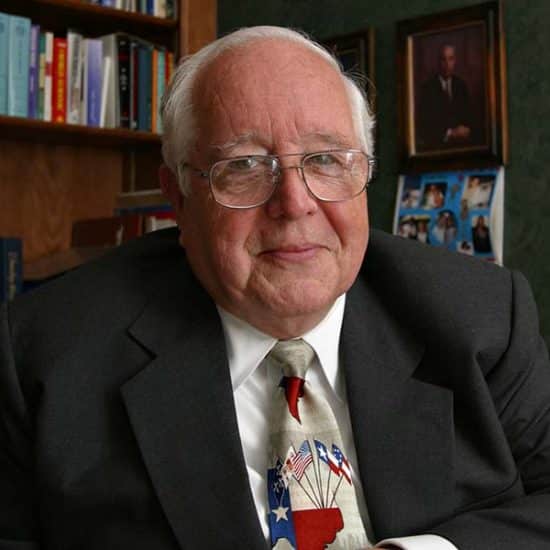By Bill Webb
Word&Way Editor
One of the measures on the Aug. 3 ballot in Missouri appears to be running neck-and-neck between supporters and opponents — the proposal to bring a casino to the southeast Missouri town of Rockaway Beach.
A massive television ad blitz — funded in part by Southwest Casino and New Prime Inc., working jointly for the project — paints the plan as inspired by the hard-luck community as a  way for residents to help themselves. The picture is one of the hard-working members of a hard-luck town pulling themselves up by their own bootstraps to restore their community and do their part to improve public education in Missouri.
way for residents to help themselves. The picture is one of the hard-working members of a hard-luck town pulling themselves up by their own bootstraps to restore their community and do their part to improve public education in Missouri.
The former thriving tourist attraction took a hit when the government built Table Rock Dam on the White River, effectively making the waters of Lake Taneycomo too cold for tourists. One of the Ozark's best tourist destinations in the 1950s and '60s pretty much dried up.
The TV ads are slick and compelling. The future of Rockaway Beach is in the hands of "our Missouri neighbors" when they enter the voting booths on Aug. 3. The implication: If Missourians care about the people in this little town who have been victimized by a government project, they have it in their power to institute a quick fix. Everyone knows that gaming attracts large crowds and big money and that casinos, in turn, generate large tax revenues for the public good. At least that's the line.
A sweet little, white-haired grandmother-type smiles into the camera and pleas for viewers to help her and the other good people of the tiny town. (Using a little imagination, it's not hard to see her sitting behind a casino window wearing a visor, dispensing gambling chips left and right.)
Supporters are mixing metaphors, painting gaming — the cleaned-up name for gambling — as being as wholesome as the folks from Rockaway Beach who appear on camera. The town claims to have done its research, and the research suggests Rockaway Beach should have its own piece of the pie, trusting outsiders to bring in gaming and other outsiders to leave money in gambling losses, meals and lodging.
But the folks of Rockaway Beach have been sold a bill of goods. What they will unleash — perhaps unwittingly — is a blight on a part of our state that has stood firm for family values and economic planning that has supported those values.
Branson, a mere 12 miles away, dealt positively with some of the same changes that decimated Rockaway Beach. The community adapted creatively and aggressively, and consistently draws tourists not swayed by the hope of winning money but willing to spend recreational funds on family-friendly fare. Rockaway Beach would do well to emulate this example in its own backyard.
Missouri needs another casino like it needs a hole in the head. The approval of a casino on election day will not only affect the little town of Rockaway Beach, it will affect the value of enterprises in the area of which Missourians can still be proud. The good people of the town would soon find that once they let the camel into the tent, they no longer would be in control of their own destiny.
The town planners of Rockaway Beach should be dealt a defeat at the polls and urged to go back to the drawing board for a better plan. They can surely find one without the downsides that are a part of gambling industry enterprises. The voters of the state will be doing them, their children and their grandchildren a great favor.

